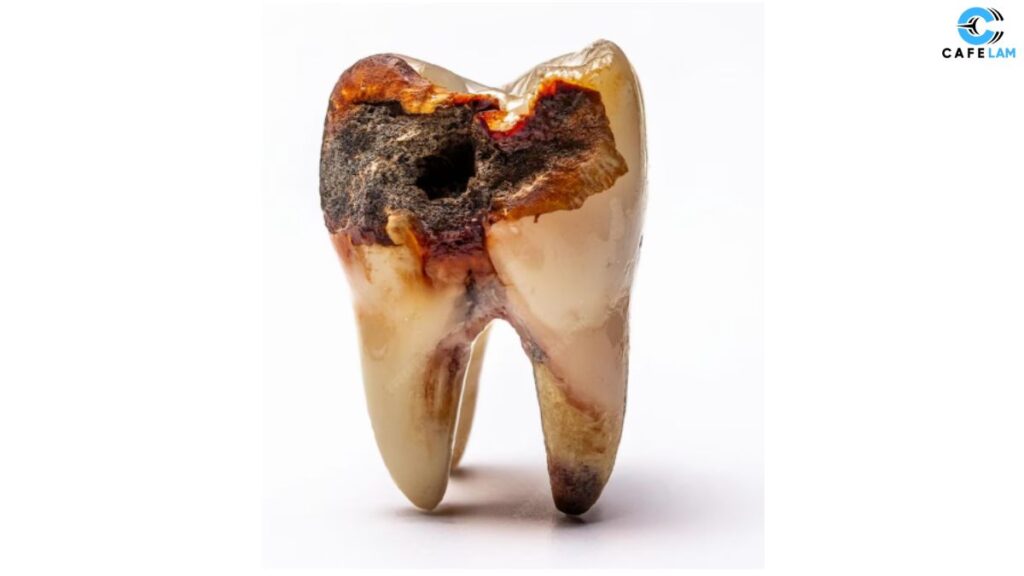A bright, healthy smile is often one of the first things people notice about you, but many of us take our teeth for granted—until a cavity or toothache brings the issue into sharp focus. Tooth decay is one of the most common dental problems worldwide, affecting people of all ages. Understanding why your teeth are at risk and what causes decay is the first step toward prevention and long-lasting oral health.
What is Tooth Decay?
Tooth decay, also known as dental caries or cavities, occurs when the hard surface of your teeth—the enamel—breaks down due to acid produced by bacteria in your mouth. Over time, this process can penetrate deeper into the dentin and pulp, causing pain, infection, and even tooth loss if left untreated. While brushing and flossing are essential, several underlying factors increase the risk of tooth decay.
Poor Oral Hygiene
The most obvious contributor to tooth decay is poor oral hygiene. Skipping daily brushing and flossing allows plaque—a sticky film of bacteria—to accumulate on your teeth. These bacteria feed on sugars and starches from the foods you eat, producing acids that erode enamel. Even a small lapse in oral care can lead to the gradual formation of cavities. Regular brushing twice a day, daily flossing, and rinsing with a fluoride mouthwash are proven strategies to keep plaque in check.
Diet and Sugar Intake
Your diet plays a significant role in the health of your teeth. Sugary snacks, soda, and processed foods provide fuel for harmful bacteria, accelerating enamel erosion. Sticky foods, such as candy or dried fruit, tend to cling to teeth and remain longer in the mouth, increasing the risk of decay. Acidic foods and drinks—like citrus fruits and carbonated beverages—can also weaken enamel over time. Maintaining a balanced diet with limited sugar and acid intake can significantly reduce your risk of cavities.
Dry Mouth
Saliva is a natural defense against tooth decay. It helps neutralize acids, wash away food particles, and deliver minerals to strengthen enamel. Conditions that reduce saliva production—such as dehydration, certain medications, or medical conditions like Sjögren’s syndrome—can increase your susceptibility to cavities. Staying hydrated, chewing sugar-free gum, and consulting your dentist about saliva-stimulating options can help protect your teeth.
Genetics and Tooth Structure
Believe it or not, your genetic makeup can affect your vulnerability to tooth decay. Some people naturally have weaker enamel or teeth that are more prone to developing cavities. The shape and alignment of your teeth can also create crevices where food particles and bacteria accumulate. While you can’t change your genetics, being aware of your predisposition allows you to take extra precautions with oral hygiene and regular dental checkups.
Lifestyle Habits
Certain lifestyle habits can also contribute to tooth decay. Smoking or using tobacco products not only stains your teeth but also reduces blood flow to the gums, making it harder for your mouth to fight infection. Frequent snacking, sipping sugary drinks throughout the day, and irregular dental visits further elevate the risk. Adopting healthier habits and scheduling routine dental cleanings can go a long way in protecting your smile.
Medical Conditions
Some health conditions can increase your risk of cavities. For example, acid reflux can expose teeth to stomach acids, wearing down enamel. Diabetes may reduce your body’s ability to fight infections, including those affecting oral health. Understanding the link between overall health and dental care is crucial—managing chronic conditions can indirectly help prevent tooth decay.
Preventing Tooth Decay
The good news is that tooth decay and tooth loss are largely preventable with proper care. Consistently practicing good oral hygiene, reducing sugary and acidic foods, staying well-hydrated, and attending regular dental checkups are essential steps. Treatments such as fluoride applications, dental sealants, and professional cleanings offer extra protection for your teeth.
For those experiencing significant tooth loss or advanced decay, solutions like All-on-4 dental implants in Las Vegas provide a durable, full-arch restoration that can restore both function and confidence. By paying attention to lifestyle habits and managing medical conditions that affect oral health, you can protect your smile and stay ahead of potential dental problems.
In Conclusion
Tooth decay is a complex process influenced by multiple factors—from diet and hygiene to genetics and lifestyle. Understanding why your teeth are at risk empowers you to take control of your oral health. By adopting preventive measures and staying vigilant, you can enjoy a healthy, cavity-free smile for years to come. Remember, your teeth aren’t just for chewing—they’re an investment in your confidence and overall well-being.







